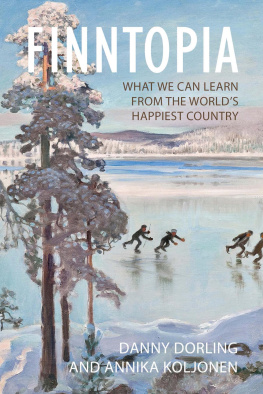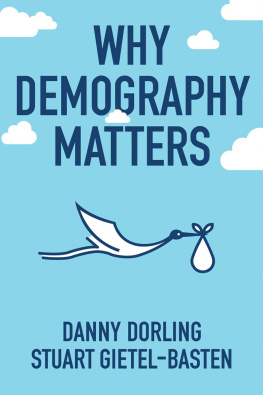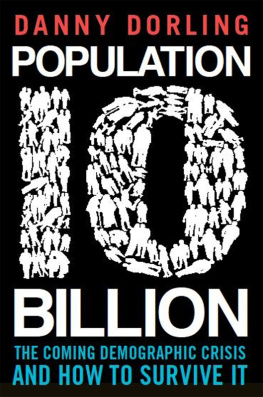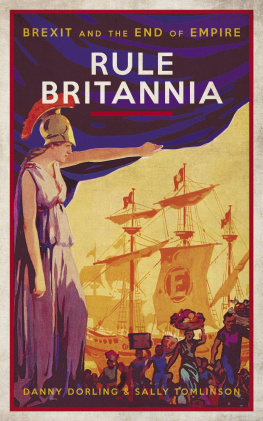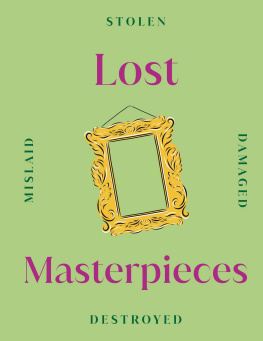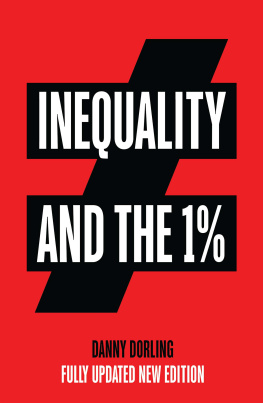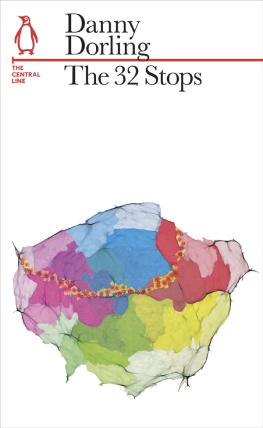Danny Dorling - The Equality Effect
Here you can read online Danny Dorling - The Equality Effect full text of the book (entire story) in english for free. Download pdf and epub, get meaning, cover and reviews about this ebook. year: 2017, publisher: New Internationalist, genre: Politics. Description of the work, (preface) as well as reviews are available. Best literature library LitArk.com created for fans of good reading and offers a wide selection of genres:
Romance novel
Science fiction
Adventure
Detective
Science
History
Home and family
Prose
Art
Politics
Computer
Non-fiction
Religion
Business
Children
Humor
Choose a favorite category and find really read worthwhile books. Enjoy immersion in the world of imagination, feel the emotions of the characters or learn something new for yourself, make an fascinating discovery.

- Book:The Equality Effect
- Author:
- Publisher:New Internationalist
- Genre:
- Year:2017
- Rating:5 / 5
- Favourites:Add to favourites
- Your mark:
- 100
- 1
- 2
- 3
- 4
- 5
The Equality Effect: summary, description and annotation
We offer to read an annotation, description, summary or preface (depends on what the author of the book "The Equality Effect" wrote himself). If you haven't found the necessary information about the book — write in the comments, we will try to find it.
The Equality Effect — read online for free the complete book (whole text) full work
Below is the text of the book, divided by pages. System saving the place of the last page read, allows you to conveniently read the book "The Equality Effect" online for free, without having to search again every time where you left off. Put a bookmark, and you can go to the page where you finished reading at any time.
Font size:
Interval:
Bookmark:
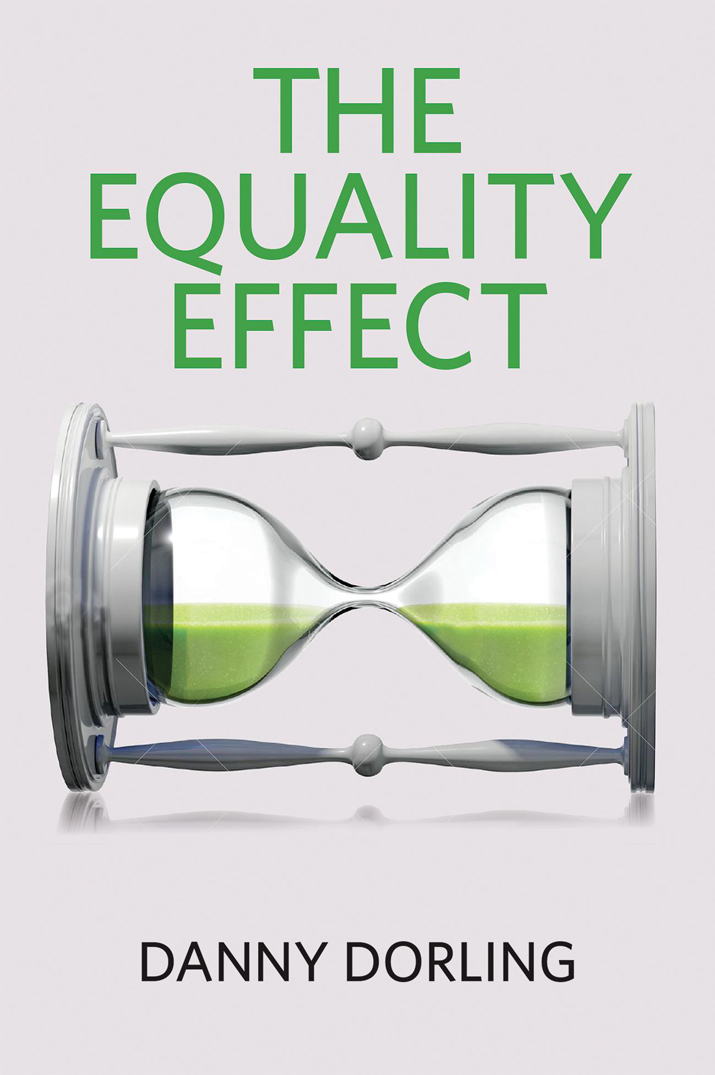

Danny Dorling is a Professor of Human Geography at the University of Oxford. He has also worked in Sheffield, Newcastle, Bristol, Leeds and New Zealand/Aotearoa. He grew up in Oxford and went to university in Newcastle upon Tyne. He has published over 40 books including many atlases and: Population Ten Billion (2013); All That is Solid and Inequality and the 1% (2014); Injustice: Why social inequalities still persist (2015); and A Better Politics: How government can make us happier (2016).
The Equality Effect was written with the help of a great many people. It grew out of a much shorter book: The No-nonsense Guide to Equality which was published by New Internationalist five years ago. This fully updated and greatly extended version is kindly illustrated by the cartoons of Ella Furness. Ian Nixon carefully redrew all the figures. Andrew Kokotka designed the cover. Anna Barford, Noel Castree, Theresa Hayter, Aniko Horvath, Bob Hughes, Sebastian Kraemer, Carl Lee, Brian Martin, Avner Offer, Chris Philo, Simon Reid-Henry and Sally Tomlinson all either made comments on various drafts and/or on the concept of this book; I am grateful to all of them. David Gordon, Tina Gotthardt, Ben Hennig, Tom Mills, Kate Pickett, Nigel Waters and Richard Wilkinson helped with advice and comments. Alison and David Dorling both helped to iron out the English, the argument and the structure, and David valiantly fact-checked and grammar-checked it all again and again, suggesting many more new additions. Dan Raymond-Barker is marketing the book and agreed its full-length format given how much more we now know and can include than we knew just five years ago about equality. Finally, this book would not exist without its editor, Chris Brazier, who helped me plan the book from the outset, improved the text and co-ordinated its production. Even something as small as a book cannot be created without a great many people contributing to the joint endeavour. Human beings have always worked best in groups. Groups work best through the equality effect.
To those who desire more

The Equality Effect
Improving life for everyone
First published in 2017 by
New Internationalist Publications Ltd
The Old Music Hall
106-108 Cowley Road
Oxford OX4 1JE, UK
newint.org
Danny Dorling
The right of Danny Dorling to be identified as the author of this work has been asserted in accordance with the Copyright, Designs and Patents Act 1998
All rights reserved. No part of this book may be reproduced, stored in a retrieval system or transmitted, in any form or by any means, electronic, electrostatic, magnetic tape, mechanical, photocopying, recording or otherwise, without prior permission in writing from the Publisher.
Edited by Chris Brazier
Designed by Ian Nixon
Front cover by Andrew Kokotka,
montage from malerapaso/ismagilov/iStock
Illustrations by Ella Furness
FSC logo
British Library Cataloguing-in-Publication Data
A catalogue record for this book is available from the British Library.
Library of Congress Cataloging-in-Publication Data
A catalog record for this book is available from Library of Congress.
(ISBN ebook 978-1-78026-391-5)

Contents
Table of Contents
For too long outside the circles of the political left equality has often been seen as an abstraction, a wishy-washy concept. To some, equality is something out-of-touch do-gooders spend their lives talking about. But the case for greater equality as this book wonderfully shows is hard-headed. Greater equality is good for all of us. Societies with greater equality tend to do better on a whole range of metrics: from their educational performance to their well-being, from levels of crime to financial stability. Higher levels of inequality breed mistrust, segregation and division. They are bad for aspiration: whether for your children to have a better life than you had or for your own chances of finding a secure job in communities where the old industries have been stripped away.
The distribution of wealth matters. Britains ruling Conservative government once promised that were all in this together. Even if that were true, this Labour Party poster from the 1930s sums up why equality of sacrifice does not mean quite the same for everyone.
But the Wests ruling ideology justifies and rationalizes inequality. Those at the top deserve to be there, so this ideology suggests, because they are more intelligent, more capable, harder working, and so on. Those at the bottom are lazy and feckless and thick. The truth is this: wealthy business owners depend on the state to provide infrastructure like road and rail; to fund research and development which can be appropriated for innovative products; to provide an education system to train up their workforce; to sustain law and order to protect their property; to subsidize low wages with in-work benefits; and so on. Without the largesse of the state, innovation which is appropriated to make profit is impossible.

And then there is the fact that some are born with odds stacked against them from day one. The birth weight of a child from a poorer background is lower than a child from more affluent circumstances. Some are born with more cultural capital: parents with a broader vocabulary, in houses full of books, who are better placed to help with homework. Repeated studies show that children with more affluent parents have much broader vocabularies from an early age than those born into poorer families. Living in an overcrowded house damages educational prospects, health and wellbeing. A poor diet, or hunger, equally damages your potential at school. The stresses of poverty can inflict significant damage.
Years before the financial crash, living standards in the US and the UK stagnated, even as corporations posted healthy profits. What did that mean? It meant workers took on more personal debt to sustain their living standards, damaging the economy. The government had to spend more money on in-work benefits, all at a cost to the taxpayer money that would have been better spent on services and jobs and houses. It was damaging to the worker, to the taxpayer, and to society as a whole.
Equality matters: the wealth that is collectively produced by the hard graft of workers, supported by the contribution of the state, should be far more equitably distributed. This is not just the right thing to do: its for the good of society as a whole. Here is a book which details with irrefutable evidence both the damage caused by inequality, and the benefits we all derive from living in more equal societies. We should all learn from it and, above all else, act on it.
The tide has already begun to turn. It is early days, but we can now see where we are heading and those of us who argue for greater equality are beginning to make the running again. Those who would foster inequality are now on the back foot. In the UK and the US, inequality advocates made the running from 1978 all the way through to the financial crash in 2007-8. With hindsight, egalitarians were often on the back foot during those three decades. Whereas, in great contrast, from the 1920s right through to the early 1970s, economic equality was increasing most of the time in the US, UK and most other affluent states in the world and the views of those who argued for equality were much more popular. Today we are again at a crossroads. Other forms of equality gay rights, womens rights, civil rights, disability rights continued to be fought for in the 1960s, then won in later decades, and then more widely introduced after the 1990s, but often without the economic emancipation that could have enhanced their impact. Wage inequality between women and men remains high because overall wage inequality is high. People who resent being low-paid take out their anger on people they see as potentially inferior to them: women, immigrants, people with disabilities, people with different sexualities, in fact any group of people with a trait that can be used to differentiate them from a supposed majority.
Font size:
Interval:
Bookmark:
Similar books «The Equality Effect»
Look at similar books to The Equality Effect. We have selected literature similar in name and meaning in the hope of providing readers with more options to find new, interesting, not yet read works.
Discussion, reviews of the book The Equality Effect and just readers' own opinions. Leave your comments, write what you think about the work, its meaning or the main characters. Specify what exactly you liked and what you didn't like, and why you think so.

